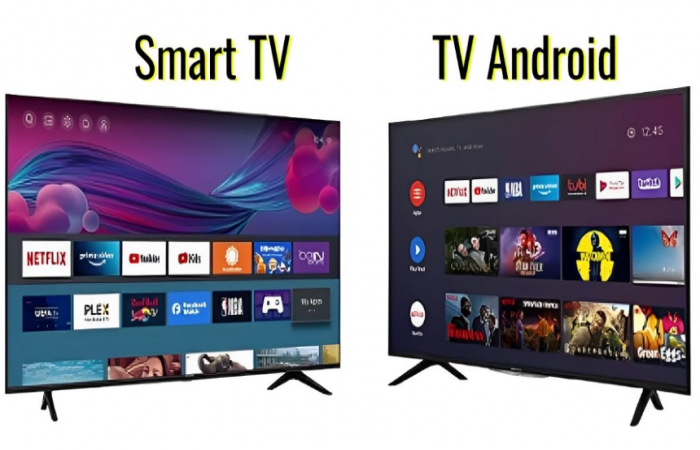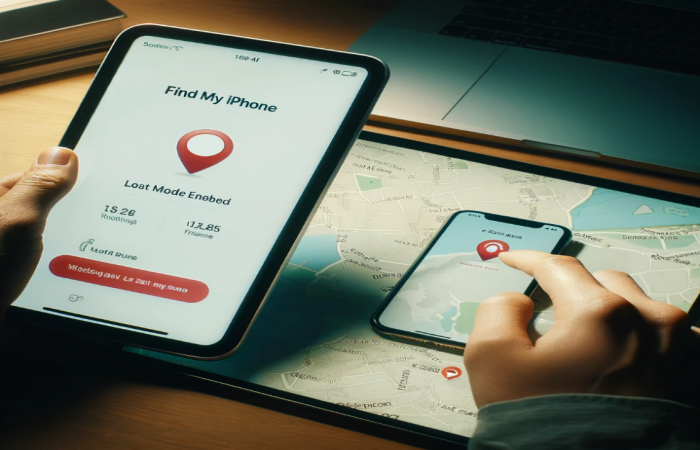
Differences Between Smart TV and Android TV
In today’s connected world, TVs are no longer just for watching cable or DVDs. With the rise of internet-enabled televisions, choosing between a smart TV and an Android TV can be a little confusing. While both offer advanced features, they cater to slightly different needs. Let’s break down the key differences to help you make the right choice.
A smart TV is a television with built-in internet connectivity and pre-installed apps. These TVs are designed to provide access to popular streaming services like Netflix, YouTube, and Hulu without the need for an external device. Each Smart TV brand typically runs on its proprietary operating system, such as:
- Samsung: Tizen OS
- LG: WebOS
- Sony or others: Custom Smart TV OS
Smart TVs are often user-friendly but may have limitations in app availability compared to dedicated platforms like Android.
Pre-installed apps tailored to the brand.
Simpler and faster interface.
Limited customization or app downloads beyond what's offered in the built-in app store.
Easy to use.
Faster performance due to streamlined features.
Integrated ecosystem (often tailored to the manufacturer’s other devices).
Limited app library.
Rarely receive major software updates.
Compatibility can vary across brands.

An Android TV, on the other hand, is a type of smart TV that runs Google’s Android operating system. It essentially works like an Android smartphone but tailored for a TV screen. Android TVs come with access to the Google Play Store, allowing users to download thousands of apps, including games, streaming services, and utilities.
Google Play Store for apps and games.
Google Assistant voice control.
Chromecast built-in for screen mirroring from Android devices.
Frequent software updates.
Extensive app library.
Integration with the Google ecosystem (perfect for Android users).
Regular updates with new features.
Slower performance on low-end models.
Steeper learning curve for first-time users.

|
Features |
Smart TV |
Android TV
|
|
Operating System
|
Proprietary (varies) |
Android by Google |
|
App Availability
|
Limited to the brand’s store |
Vast (Google Play Store) |
|
Ease Use
|
Beginner-friendly |
Advanced but customizable |
|
Software Updates
|
Rare |
Frequent updates |
|
Voice Assistants
|
Brand-specific |
Google Assistant |
|
Device Integration
|
Often brand-specific |
Seamless with Android devices |
Go for a smart TV if you prefer simplicity and mostly use mainstream streaming platforms. If you’re already invested in a specific brand’s ecosystem (like Samsung or LG), a smart TV from that brand could complement your devices well.
Opt for an Android TV if you love customization, are tech-savvy, or heavily use Google services. Android TV is ideal for gamers and users who want access to a broader range of apps and frequent updates.
Both smart TVs and Android TVs have their strengths. If you prioritize ease of use and reliability, a traditional smart TV may suffice. However, if you crave versatility, an Android TV’s robust app support and Google integration make it a compelling choice.

















